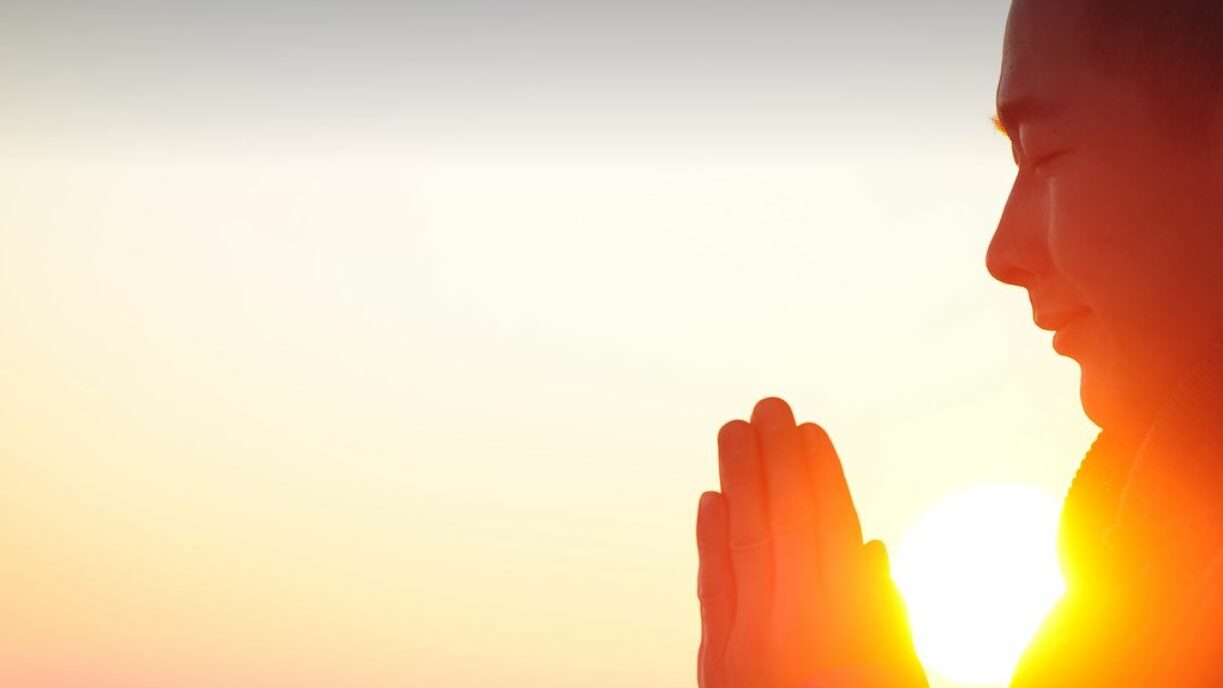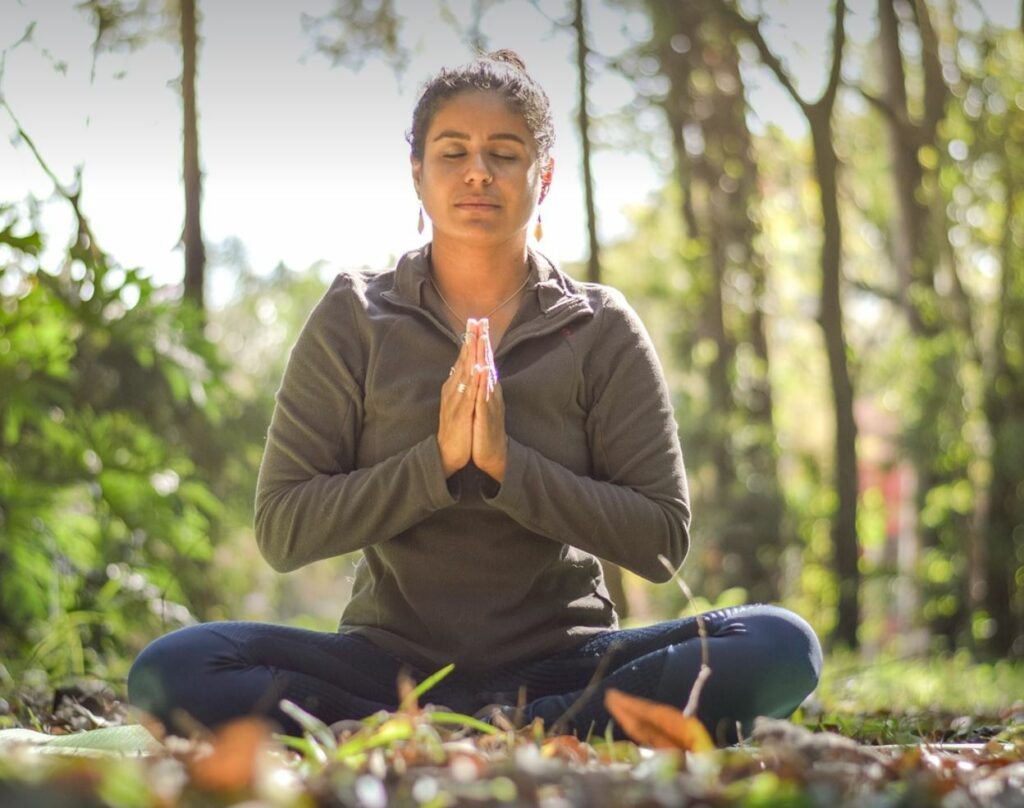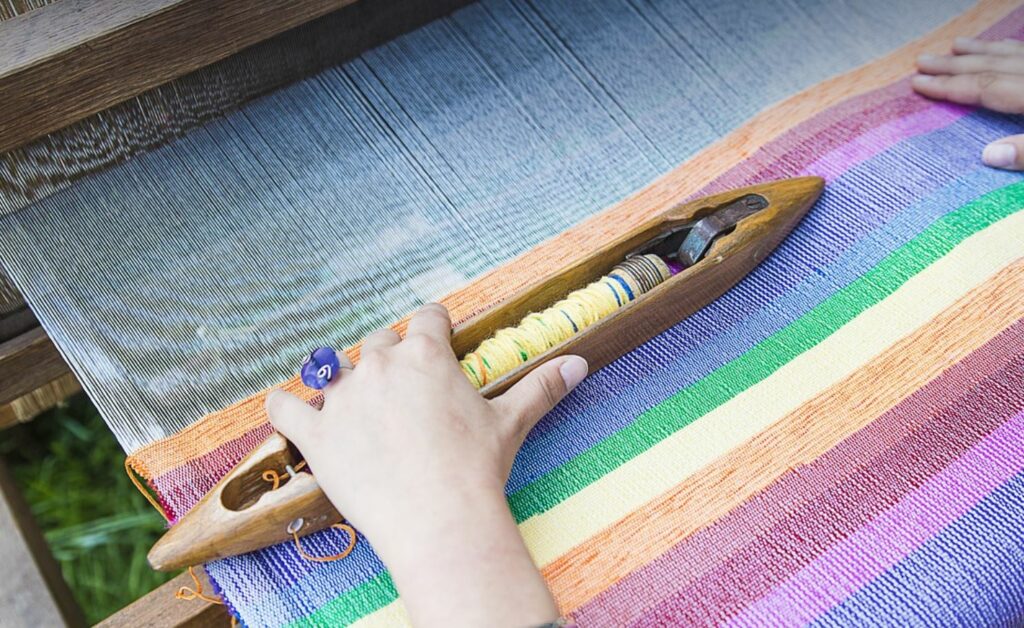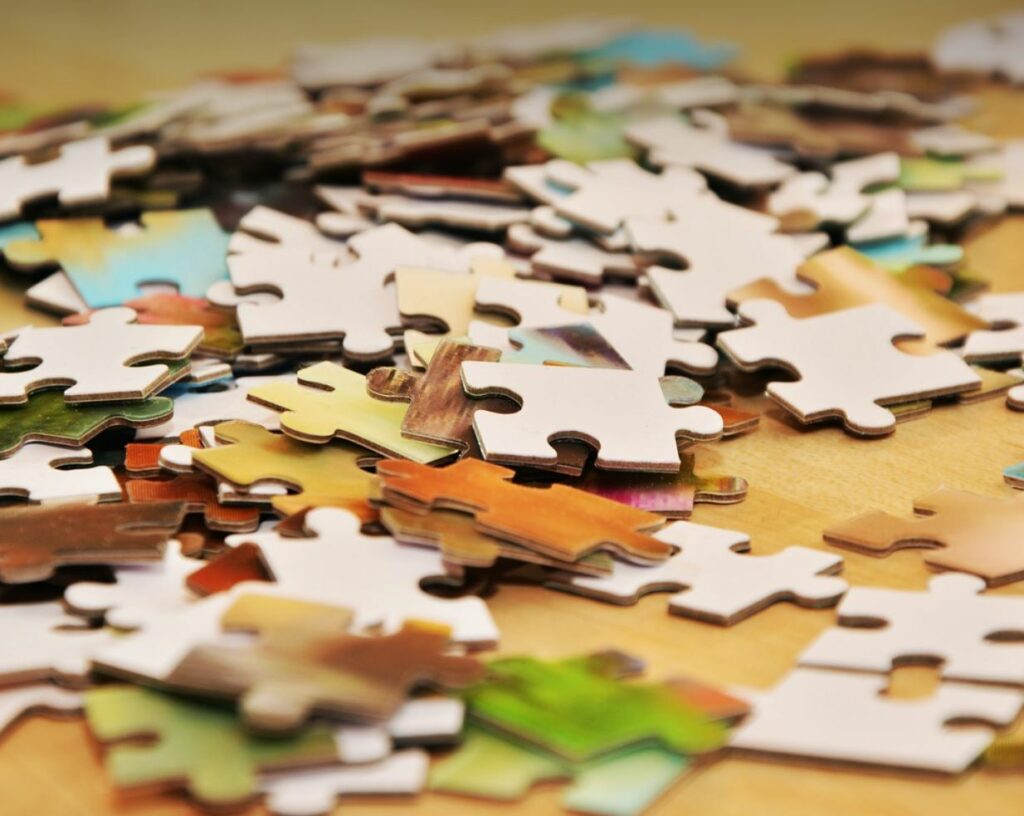While some people hate being alone, others thrive on peace and tranquility. They bask in the solitude, taking in life’s precious and small wonders, avoiding the everyday hustle and bustle. Here are 16 behaviors that might be alarming for some, while others may find they help create an ideal life.
1. Talking to Themselves

While someone talking to themselves is often a sign of dementia or psychosis, there’s a much more mild possible explanation. Our brains learn in several ways, one by speaking out loud. Frequently, people who thrive on being alone will converse with themself. Although seemingly strange to onlookers, it’s merely called “thinking out loud” and can help with problem-solving skills or reflecting on the day.
Read More: Why Do Some People Wait to Die Alone?
2. Canceled Plans

While most people are disappointed when plans get canceled, someone who thrives on being alone may actually be happy about their canceled plans because it gives them a chance to recharge and spend their free time doing their favorite hobbies like cooking or reading.
3. Being Alone is Renewing

Someone who enjoys being alone is more likely to require that quiet downtime to recharge from the hustle and bustle of life, work, or friends.
4. They Treat Themselves

People who enjoy being alone don’t allow themselves to be held back by their single life. They still take themselves out to eat, to the movies, or to the beach for a picnic.
5. They Hate Small Talk

People who prefer being alone often struggle to have trivial conversations with others. Discussing things like the weather or sports can be painful for them, but they enjoy making deep connections with others and are more likely to happily discuss hopes, dreams, or goals.
Read More: Be Alone Until You Meet Someone Who Cares About You And Does These 7 Things
6. Might Seem Standoffish or Disdainful

People who enjoy being alone often have a reputation for being disdainful. However, they’re likely to be observers, taking in the environment rather than chatting with everyone in the room. As mentioned above, they thrive on deep and meaningful conversations, so while they may seem unapproachable, they’re merely looking for something more consequential.
7. Being Single Might Mean Shy

People who enjoy being single might be shy or less likely to engage in conversation, likely for several reasons. First, they’re more comfortable being alone and don’t always know what to say. They then get nervous and stumble on their words, saying something awkward or, in some cases, seemingly rude. As a result, they may seem unapproachable or unfriendly. Second, they may be overwhelmed by the stimulation of a large gathering and do better with one-on-one conversations.
8. Being Alone Brings More Awareness

Being alone allows people to reflect on who they are, including things like their emotional triggers and needs. As such, people who enjoy being alone are often better at identifying their feelings and needs than those who prefer constant company.
9. They Listen

As mentioned, people who enjoy being alone have more time to evaluate their emotions and needs. Additionally, they know what it’s like not to be seen or heard. As such, they’re more likely to be a great listener. They’ll show a genuine interest in your problem and ask “thoughtful follow-up questions” to better help them understand your predicament.
10. Appreciate Silence

People who enjoy being alone also appreciate the quiet, whereas people who prefer not to be alone might feel awkward or uncomfortable. They will try to fill the quiet with music or conversation, while the opposite is true for someone who enjoys being alone. For example, they may use silence to do a mindfulness exercise, such as fully immersing themselves in their morning cup of coffee, noting the taste and smells, and feeling the warmth and or watching how their creamer creates an almost ethereal scene as it integrates into the steaming beverage.
Read More: People Who Like to Be Alone Have These 4 Special Personality Traits
11. Me-Time is a Must

People who thrive on being alone will unwaveringly set aside time to recharge. They typically add this time into their schedules, ensuring the time will always be available. This is an act of self-preservation, although some may see it as selfishness.
12. Being Alone Might Mean Obscure Hobbies

People who enjoy being alone also enjoy learning new skills or discovering new hobbies. They have the luxury of not concerning themselves with the thoughts or opinions of others. As such, they’re free to explore any hobby, be it as extreme as taxidermy or as lighthearted as taking a pottery class. While their hobbies may seem strange and unrelated, their joy from new experiences is neverending.
13. Different Ideas of Fun

As previously mentioned, some new hobbies or “things to do for fun” may seem obscure or less than exciting for others. Alternatively, someone who enjoys being alone will undoubtedly prefer the calm of playing a board game, reading a book, or doing a puzzle on a Saturday night. Furthermore, they may tailor the night to themselves, lighting candles for ambiance, ordering their favorite takeout, and hanging out in their comfiest clothes.
14. Being Alone Means Content Not Complacent

Although people who enjoy being alone are likely to go with the flow in most instances, they’re careful not to get into a repetitive rut. Instead, the new skills and hobbies they explore give them a continuously fresh take on perspective, challenges, and the world at large.
15. Being Alone Means Independence

One upside to being alone is having complete autonomy over your life, body, and soul. As such, the luxury is hard to give up, and many people who prefer to be alone are astoundingly independent. Sometimes to the detriment of their relationships.
16. They Don’t Explain Themselves

Without the fear of judgment from others holding them back, people who prefer being alone don’t feel the need to explain themselves to others. They live their way, as opposed to fitting the constraints and expectations of others.

